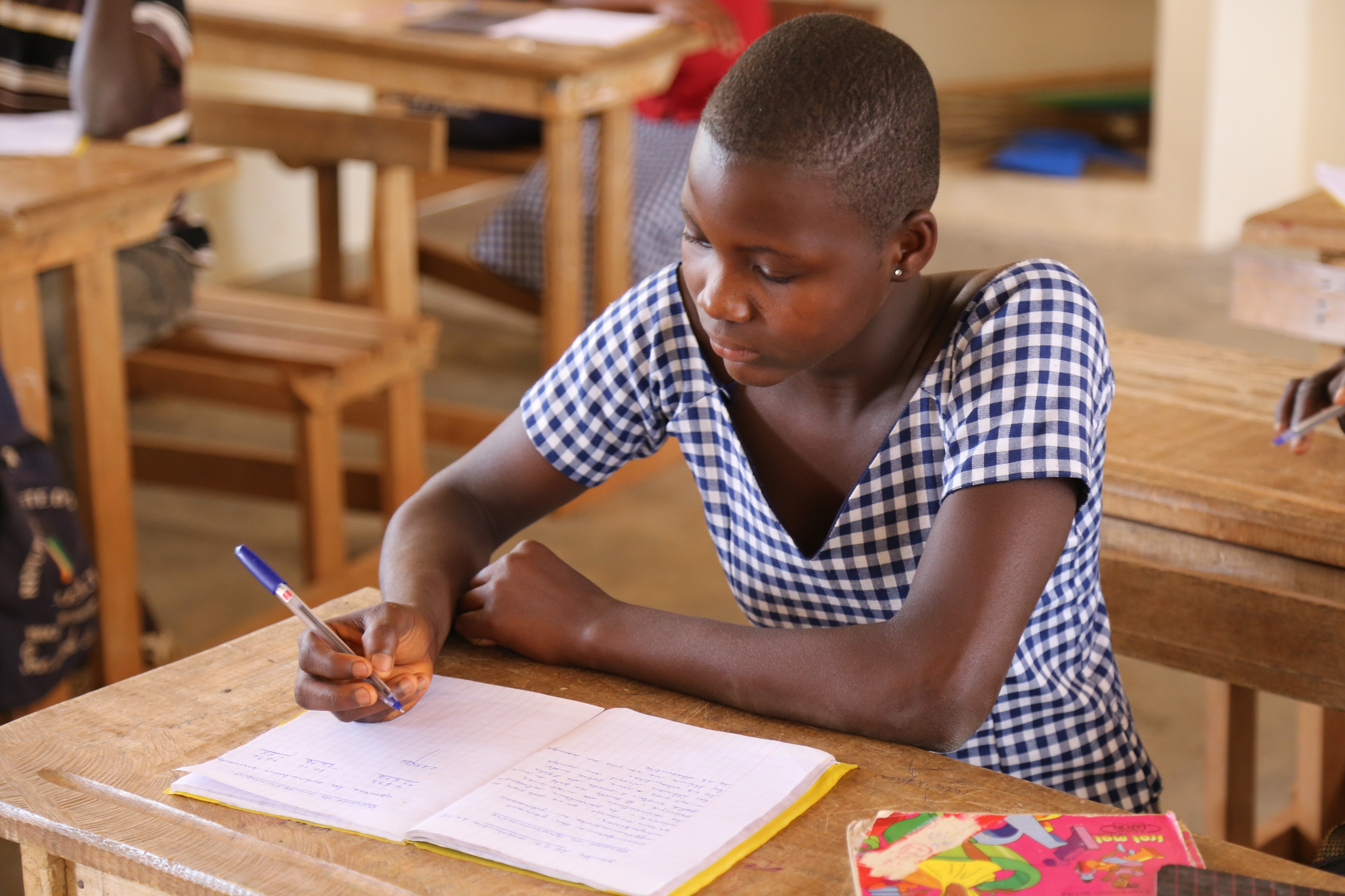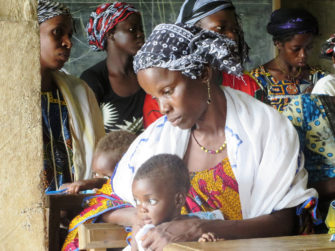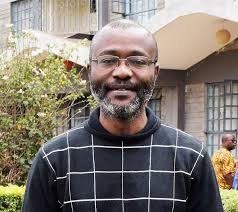
My previous blog focused on grassroots understandings of modernity in Abidjan (Côte d’Ivoire) that emphasized the dimensions of “change” and “novelty” related to western influence on local patterns of life. Gender reform is another major concept of my current research. The cornerstone of contemporary gender theories is the idea that in any society, gender roles and categories are not given but constructed, and hence can be deconstructed as well. I dwell on the state’s working definition which shapes state gender policies today in Côte d’Ivoire. I take it for granted that “gender” reforms are a “modern” concern in the context of Africa, again if modernity is taken here to encapsulate western influence on local practices. The point I want to make is that, although Côte d’Ivoire embraces gender equality concerns, the state concept of gender does not include the LGBTQ community and focuses mainly on closing the gender gap between men and women instead.
Distribution of Power
Although structured by both matrilineal and patrilineal systems of kinship, like most West African societies Côte d’Ivoire is predominantly patriarchal in the distribution of power between men and women. It is generally assumed that in patriarchal societies women are ruled by men, but a differentiated approach to gender power relationships reveals a much more complex picture in Africa. Even though it is true that men hold more power than women in society, this is not the case in all sectors of social life. For example, regarding political power, the Baoule—a major Akan sub-group found in Côte d’Ivoire—venerate as their founding ancestress a female figure called Queen Abla Pokou who they claim led them from present-day Ghana to their current location. She then became their first ruler and was succeeded by another woman, Queen Akoua Bony, who ruled them from 1730 to 1760 before men took over the kingdom. The kingdom has lasted three centuries and has been ruled by twelve sovereigns, including three women. The third woman, Queen Monique N’ga Tanou, was consecrated in August 2017, taking the name Nanan Akoua Boni III.

Some have argued that in pre-Islamic and pre-Christian Africa, gender differentiation and hierarchies were less rigid and therefore more flexible than those inherited from Islam, Christianity, and colonial legal systems that current gender reforms seek to correct. Africa, like many other parts of the world, has a long way to go to close the gender gap. But overall, as the data of the 2017 Global Gender Gap Report suggests, Africa is making progress, with some countries even doing far better than most Western countries. The best performance on the continent is that of Rwanda, which is ranked 4th in the world. Also doing well are countries such as Namibia, South Africa, and Botswana. The 2017 Global Gender Gap Report ranks Côte d’Ivoire 133rd out of 144 countries evaluated. Its overall score suggests that although Côte d’Ivoire is closing the gender gap in areas such as education and health, it still has a long way to go on the economic participation of women and their political empowerment.
Focus on Women
Let us now consider the state construction of gender and how it impacts social and economic empowerment.
Côte d’Ivoire’s major public policy document articulates gender policy as follows:
An approach to development which aims at reducing social, economic, political, and cultural inequalities between men and women, between boys and girls. It reveals injustices and discrimination which are encouraged or tolerated in various social contexts, very often against women. These include, among other things, opportunities, obligations, and rights awarded to any individual (man or woman) within a society. A policy that integrates the notion of gender is a policy that comparatively analyzes the situation of men and women, identifies the sources of inequality between the sexes, and attempts to reduce them. Gender is also defined as all the implicit or explicit rules that govern the relationships between man and woman on the basis of different values, responsibilities, and obligations.1
In terms of gender policy innovation in the last decade, the focus has been on the empowerment of women. To enhance the economic and political participation of women in public life, a Compendium of Female Competences project was launched in 2011 and has led to the production of a Directory of Competent Women in various domains. The concern about the economic empowerment of women is behind the creation in 2012 of the special “Fund for Women in Côte d’Ivoire” to facilitate the access of women to microloans. A Plan for the Implementation of the National Gender Policy was released in 2014 as well as a Roadmap for the Implementation of the Convention on the Elimination of All Forms of Discrimination against Women (CEDAW). But it is in the sector of education that much progress has been noted because education is seen a major driver of empowerment for women. The General Census of 2014 indicates that the rate of illiteracy in Côte d’Ivoire is about 56.1% of which 49.3% are men and 63% are women.
It is evident that the Ivoirian state gender policy does not include any concern about the forms of sexual orientation that characterize the LGBTQ community. Although the emergence and visibility of LGBTQ identities is still a hotly debated issue in Africa, heterosexuality remains the norm both institutionally and in collective representations. The question of the existence of homosexuality in precolonial Africa is highly debated in the public sphere, including among scholars. Whatever the case, the fight against HIV/AIDS in Africa was instrumental in giving some visibility to African homosexuals as they came to be classified among the highly vulnerable groups requiring special attention. The Ivoirian Penal Code does not explicitly criminalize homosexual acts, but Article 360 in its second paragraph accentuates sanctions against public indecency involving people of the same sex. Although there are no laws in Côte d’Ivoire which explicitly criminalize homosexuality, LGBTQ Ivoirians can be targets of various forms of violence because of their sexual orientation, especially when they strive for more visibility.
The state concept of gender in Côte d’Ivoire does not include the specificity of the LGBTQ community. As an Ivorian member of this community rightly puts it, “In Côte d’Ivoire, the conception of gender is limited to the binary opposition male/female, the equality of man and woman. But they [state policy makers] should understand that the concept of gender is broader and evolving. So the national document on gender has a lot of deficiencies from this respect.”(Interview, Member of the LGBT community, Lesbian Life Association, Abidjan, 2017). This raises questions about the inclusivity of the state construction of gender.
[1]Framing of “Gender” in the Ministère de la Famille, de la Femme et des Affaires Sociales, 2009. Document de Politique Nationale sur l’Egalité des Chances et le Genre, Abidjan.

